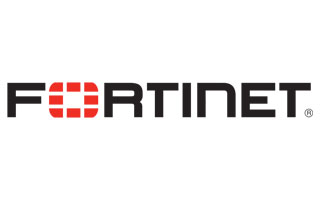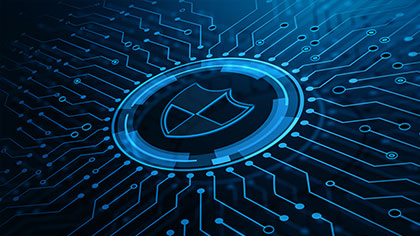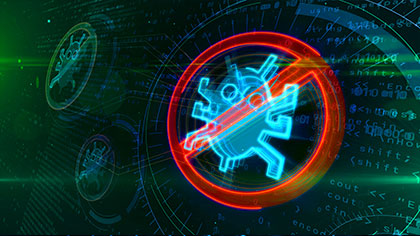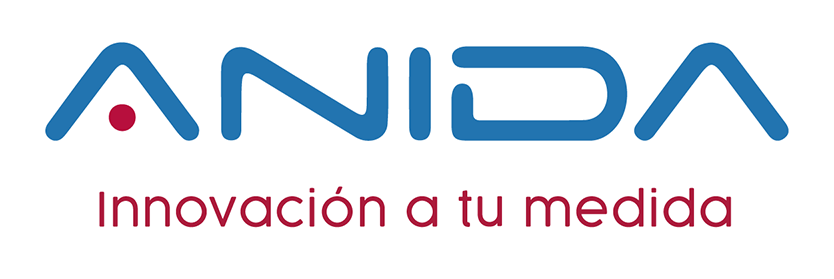CYBERSECURITY SOLUTIONS
Perimeter Security
Our offer includes MFA(Multiple Factor Authentication), NGFW (Next Generation Firewall), WAF (Web Application Firewall) and Authenticator, which acts as a multi-factor security and VPN access manager, with the aim of strengthening security at the perimeter.


Perimeter
MFA 2FA - NGFW - WAF - AUTHENTICATOR

Access
NCA - CASB - EMS

Malware
EDR - EMS

Vulnerabilities
EMS - T.10 - T.SC
Information of interest
Cybersecurity is a crucial aspect for any organization that uses technology to manage its operations and data. The threat of cyber-attacks is constant and increasingly sophisticated, so it is essential to have security solutions that protect the network perimeter. The network perimeter refers to the area where an organization's devices and services connect to the outside world, such as the Internet. In other words, it is the first line of defense against cyber-attacks.
There are several cybersecurity solutions that can be implemented to protect the network perimeter. Some of them are presented below:
Firewalls: Firewalls are one of the most basic but important security elements for perimeter protection. They consist of devices that analyze network traffic and block access to unauthorized connections. Firewalls can be hardware or software and there are several types, such as application, stateful and packet firewalls. They can also be configured to allow or deny access to certain ports, protocols or IP addresses.
Intrusion Detection Systems (IDS) and Intrusion Prevention Systems (IPS): IDSs are intrusion detection systems that analyze network traffic for anomalous behavior that could indicate an attack. IPSs are intrusion prevention systems that, in addition to detecting intrusions, block access to attackers. IDSs and IPSs can be implemented in both hardware and software and can be configured to generate alerts or block traffic automatically.
Antivirus: Antivirus are programs that detect and remove malicious software, such as viruses, Trojans and worms. Antivirus programs can be installed on network devices, such as servers and workstations, and can be configured to automatically update their virus database and perform periodic scans.
VPN (Virtual Private Network): A VPN is a virtual private network that allows devices to be securely connected over the Internet. VPNs use encryption techniques to protect network traffic and are therefore a secure way to connect to the organization's network from anywhere. In addition, VPNs allow remote access to network resources, such as files and applications, without compromising perimeter security.
Identity and Access Management (IAM): Identity and Access Management is a set of solutions used to manage and control user access to the organization's network and resources. IAM solutions allow setting access policies, authenticating users, controlling access to resources and auditing user activities.
In summary, there are a number of cybersecurity solutions that can be implemented to protect an organization's network perimeter. These solutions include firewalls, IDS and IPS, antivirus, VPN, and identity and access management. Each solution has its own features and benefits, so it is important to select the solutions that are most required in your organization.


